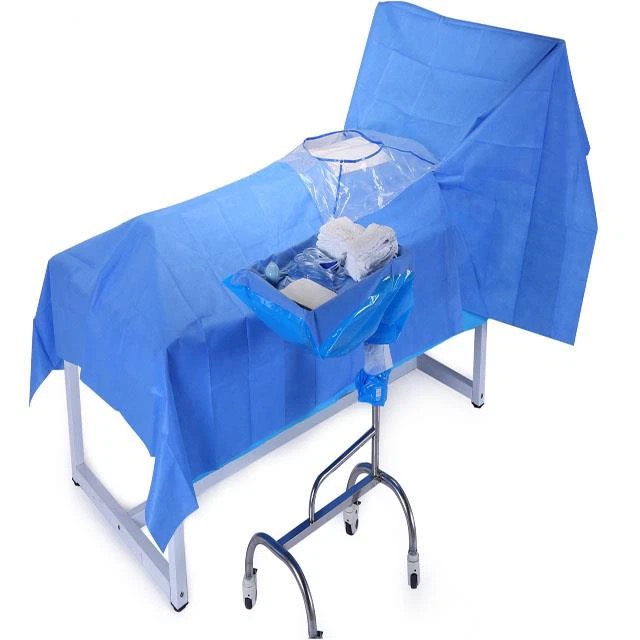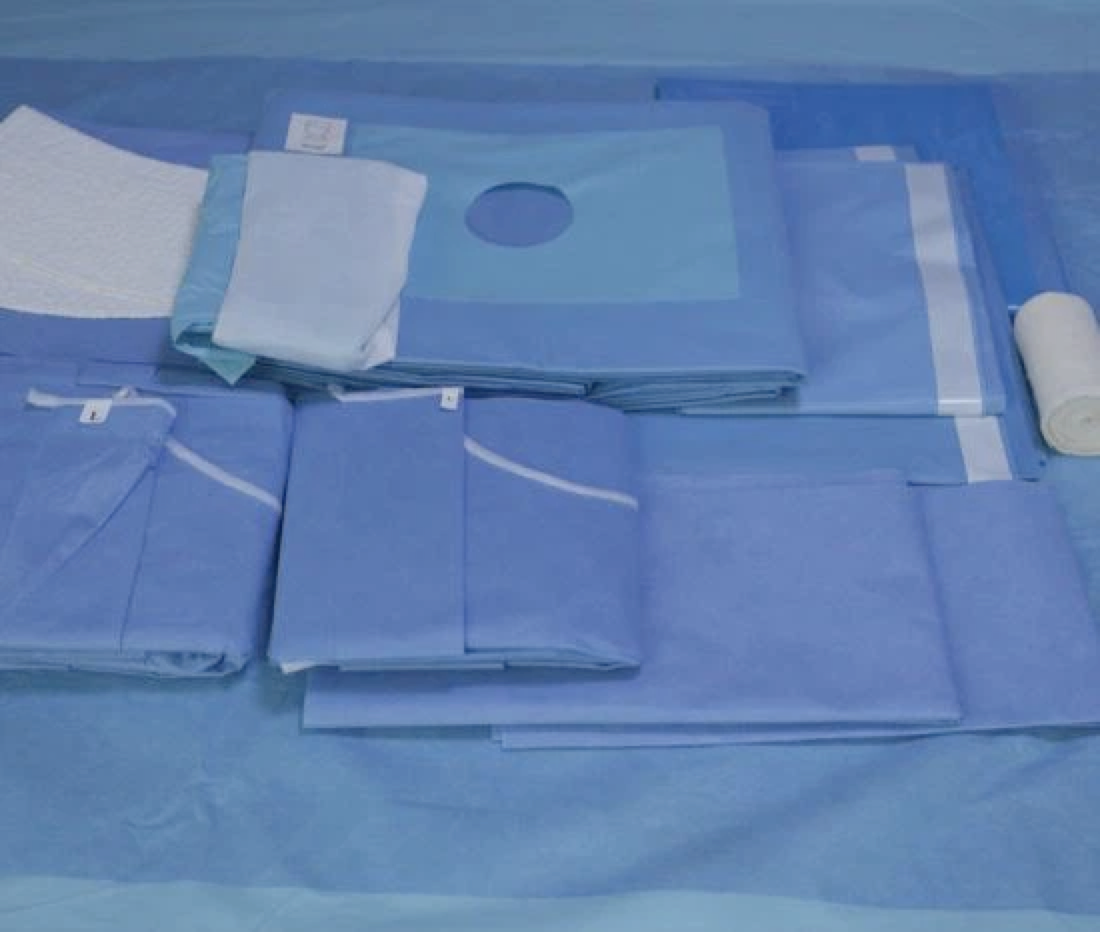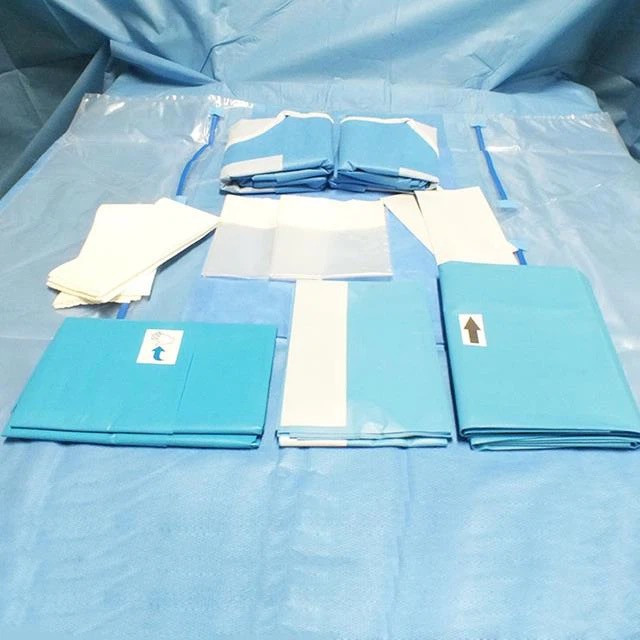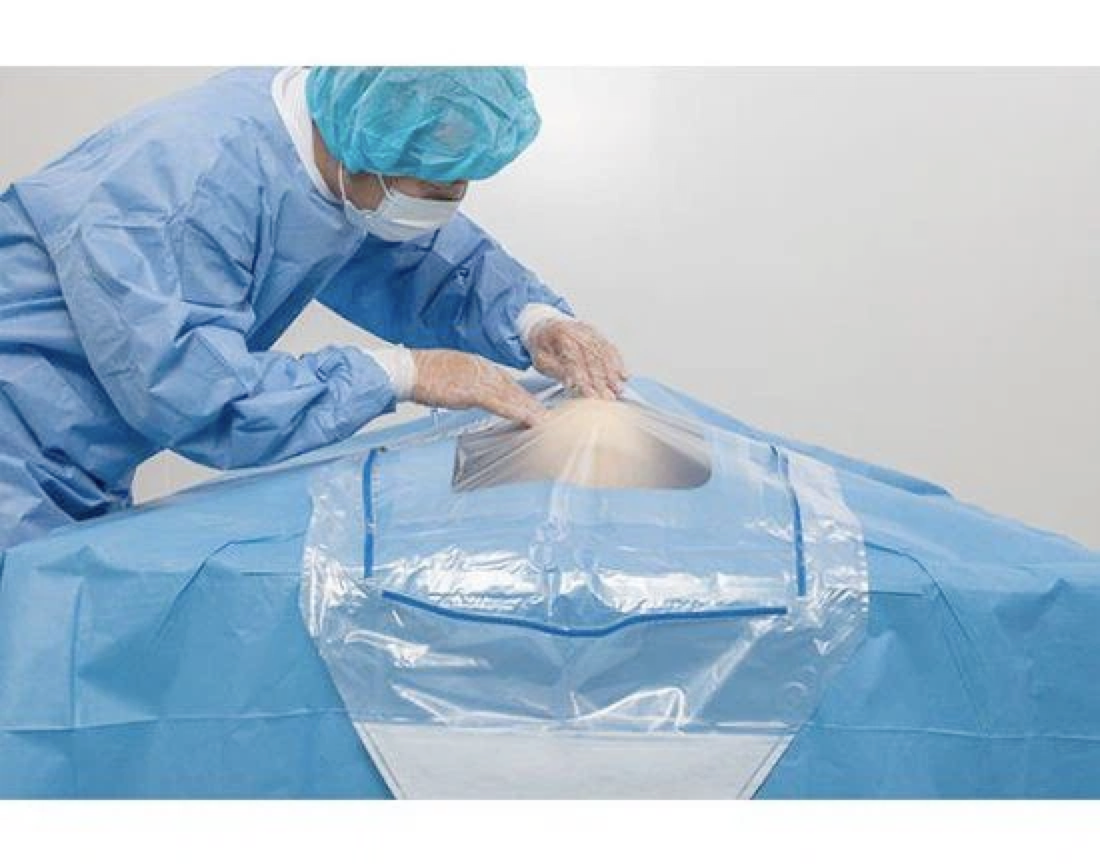The operating theatre, a seemingly calm and collected space, is in fact a battlefield full of strategies and wisdom. On this battlefield, however, OR nurses, like experienced chess players, need to carefully lay out the sequence of each surgery according to the patient's condition, the urgency of the surgery, and their own physical condition.
In the game of chess, the "checkmate" is the key move that forces the opponent into a difficult situation. In the operating theatre, an emergency operation is the sudden "checkmate" that breaks the tranquillity of the situation. When a critically ill, life-threatening patient is wheeled into the operating theatre, every member of the medical-surgical team needs to react as quickly as they would to an emergency situation in a game of chess and prioritise the emergency surgery. This requires not only quick and accurate judgement on the part of the surgeon, but also the anaesthetists and operating theatre nurses in his operating theatre to assemble their team in a very short period of time and work together efficiently to ensure the success of the operation.
Some surgeries in the operating theatre are as simple and quick as a light-hearted game, where the surgeons can complete them in a short period of time and the patients can recover quickly. Some surgeries are as complex and arduous as a fierce battle, requiring the doctors' full attention and delicate operation to ensure the success of the surgery and the safety of the patients. When arranging the sequence of surgeries, the nurses in the operating theatre will usually "deploy their troops" according to the difficulty of the operation and the surgeon's professional ability to ensure that each operation is handled in the best possible way, and major surgeries will usually be arranged in advance.
In a game of chess, the layout and movement of the pieces are important factors for the players to consider. In the operating theatre, the overall health and surgical needs of the patient are the "pieces" and the "battlefield" that surgeons need to consider. Surgeons need to assess the feasibility, risk, and urgency of surgery based on the patient's age, physical condition, and underlying disease. At the same time, surgeons need to consider the impact of surgery on the patient's quality of life in the perioperative period, as well as post-surgical recovery. It's like carefully laying out a chessboard to ensure that each move brings maximum benefit to the patient.
The expertise of the surgeon and the tacit cooperation of the anaesthesiology operating theatre team are as important as the wisdom of the chess player and the tacit cooperation of the team. Surgeons need to have rich clinical experience and excellent technical skills in order to make accurate judgement and decisions in complex surgeries. The tacit co-operation of the surgical team is the key to the success of the operation. The surgeons need to control the team with precision, just like a chess player, to make sure that every step of the operation is executed accurately and correctly.





